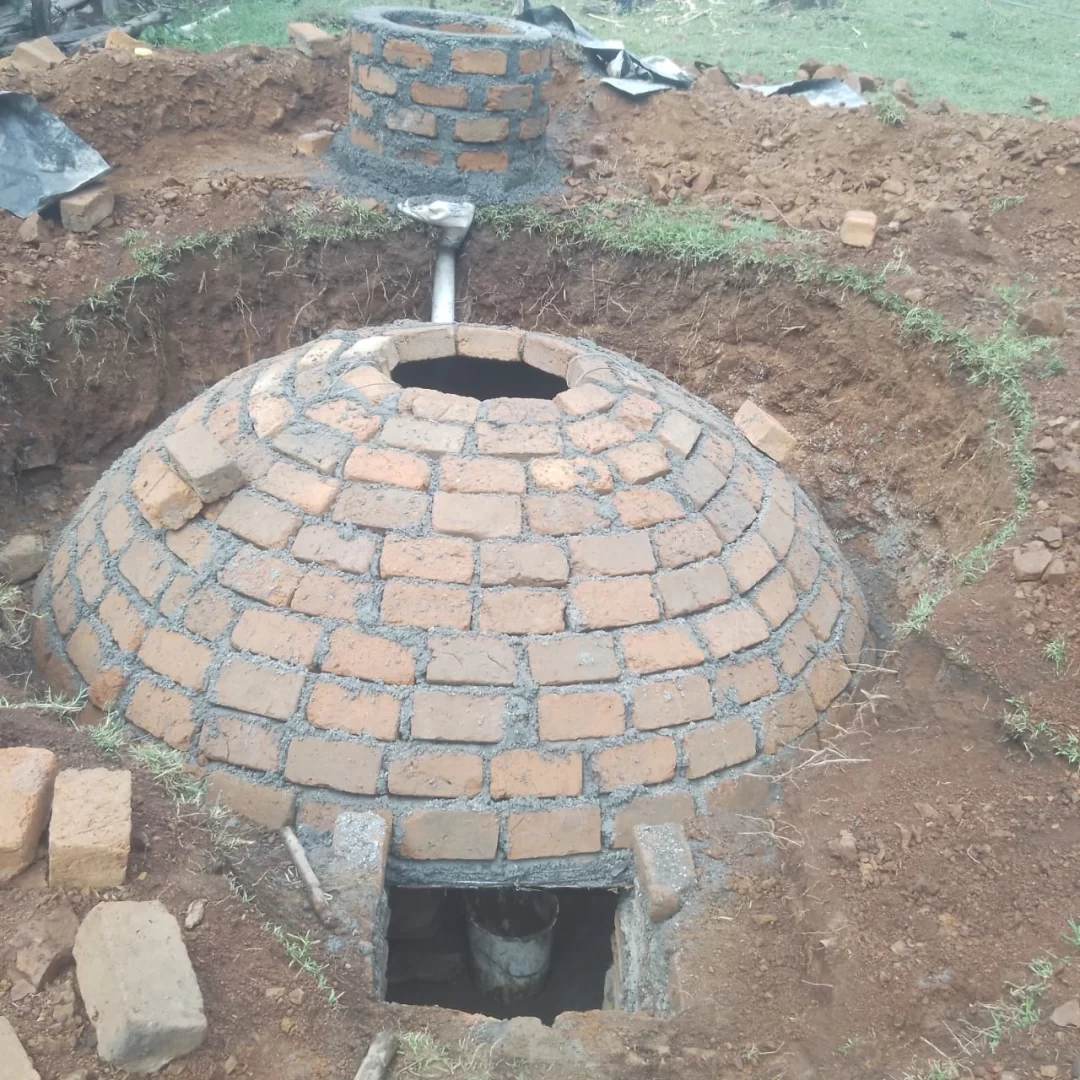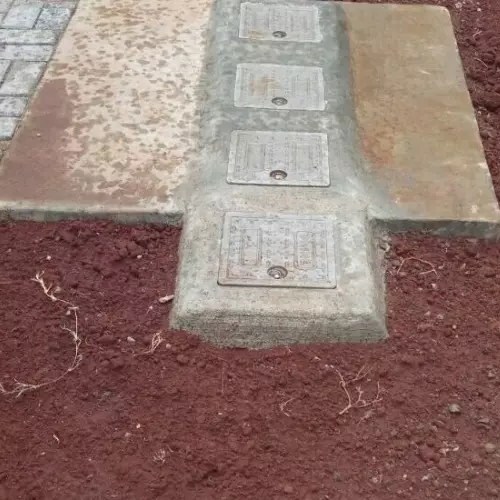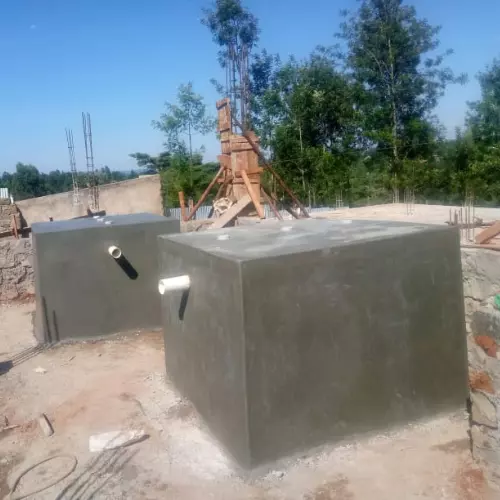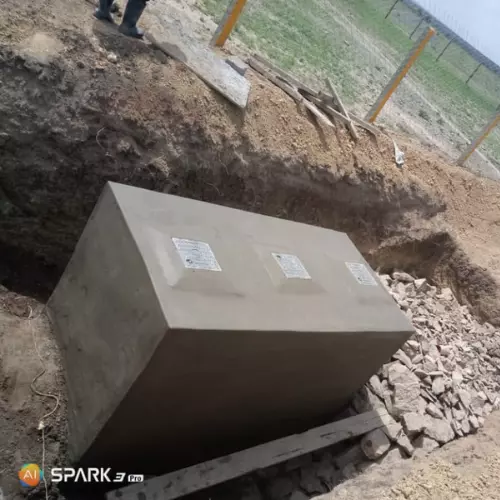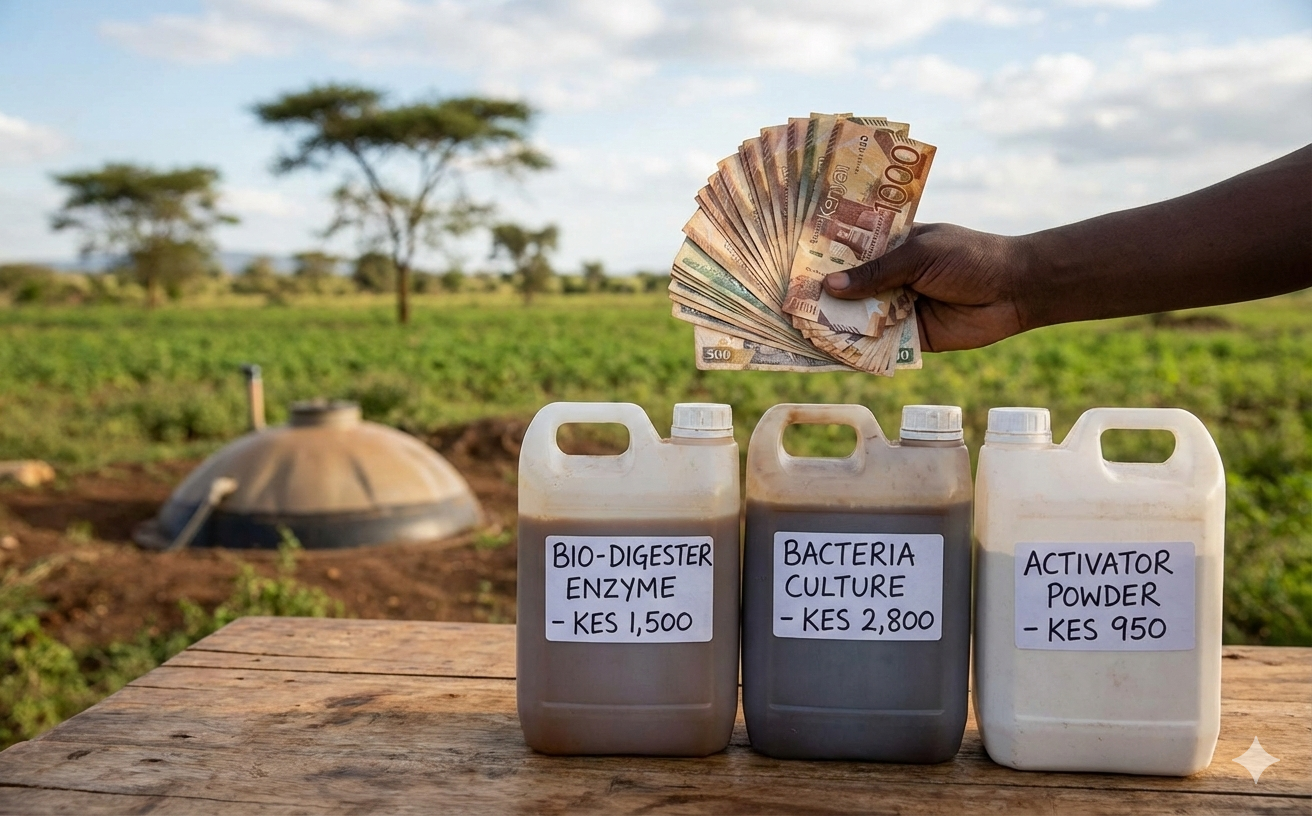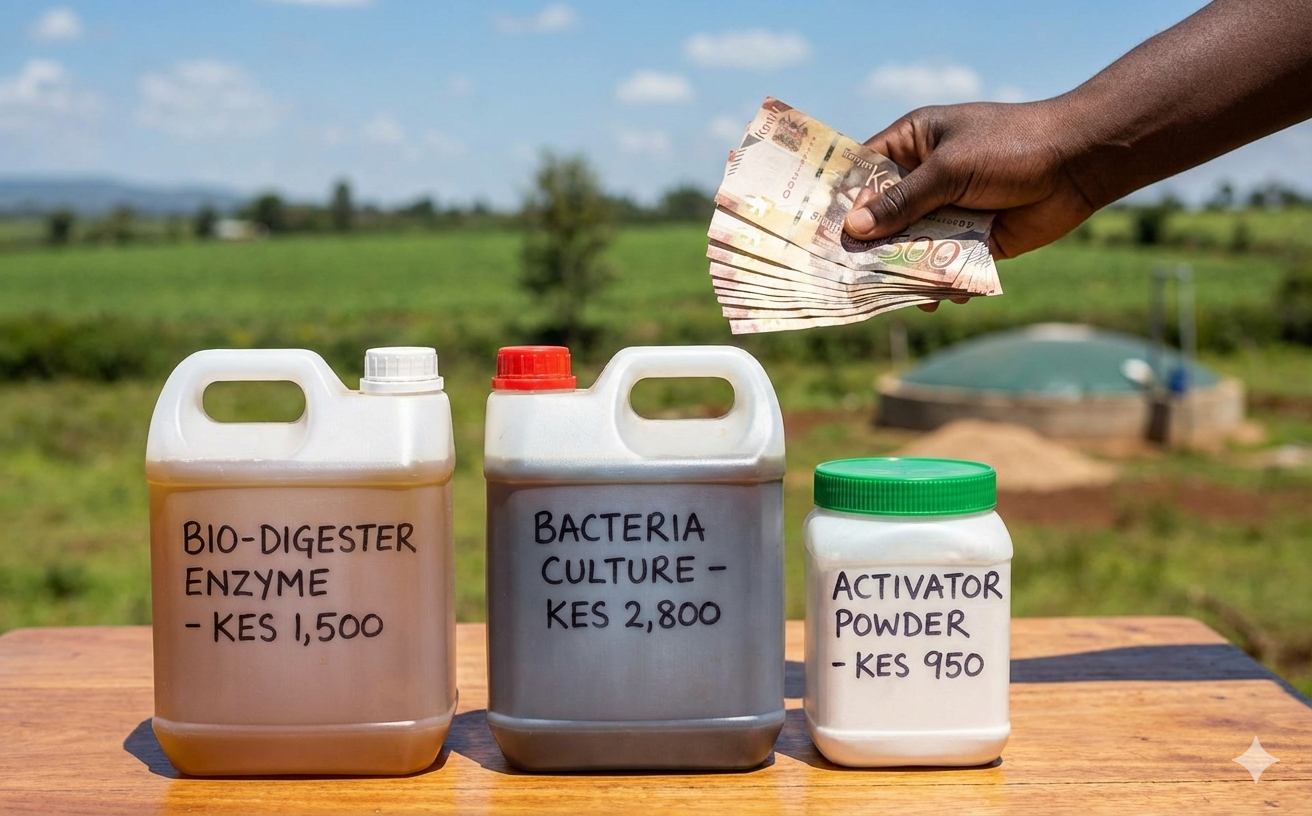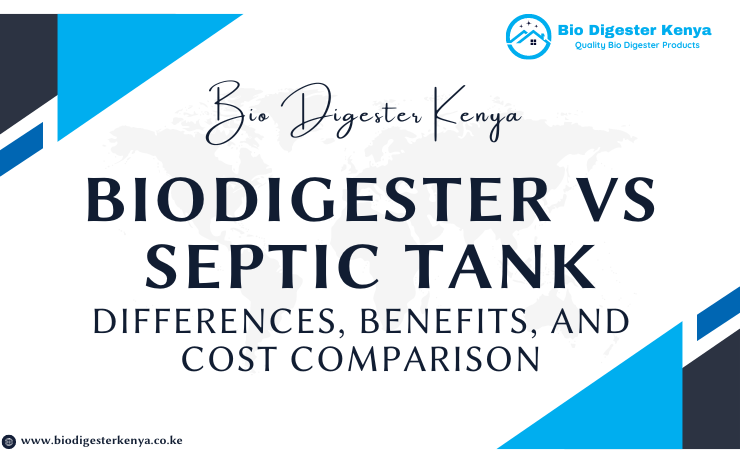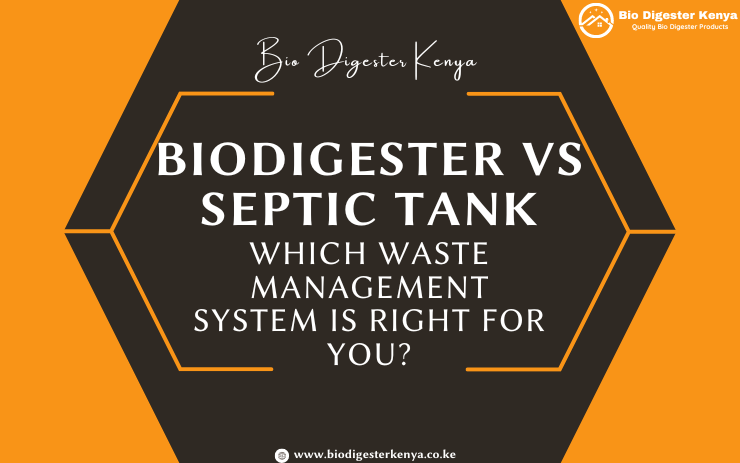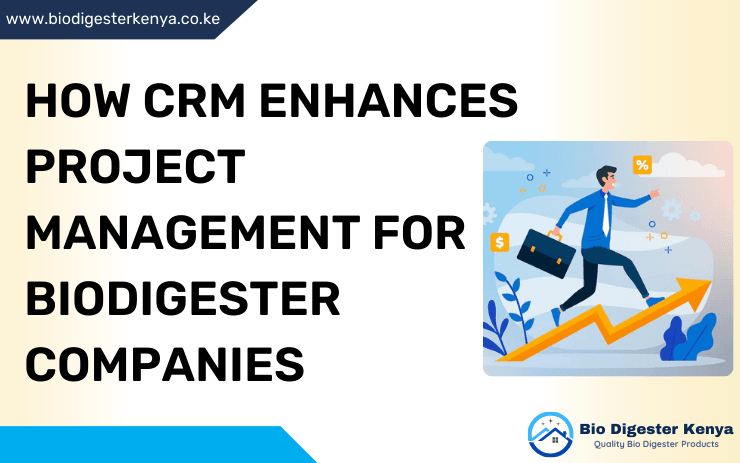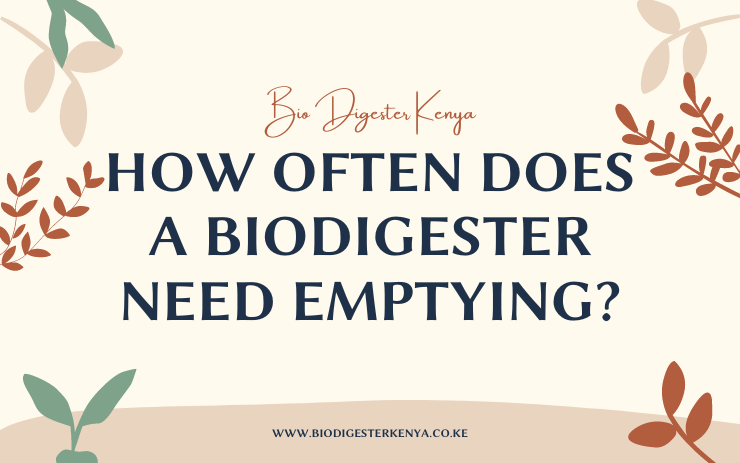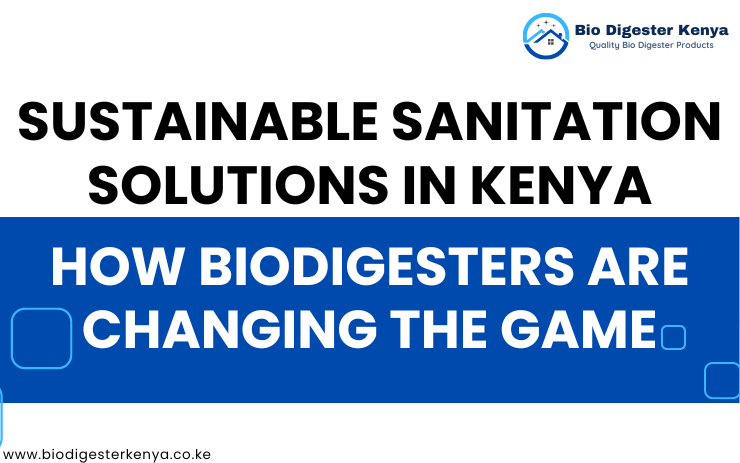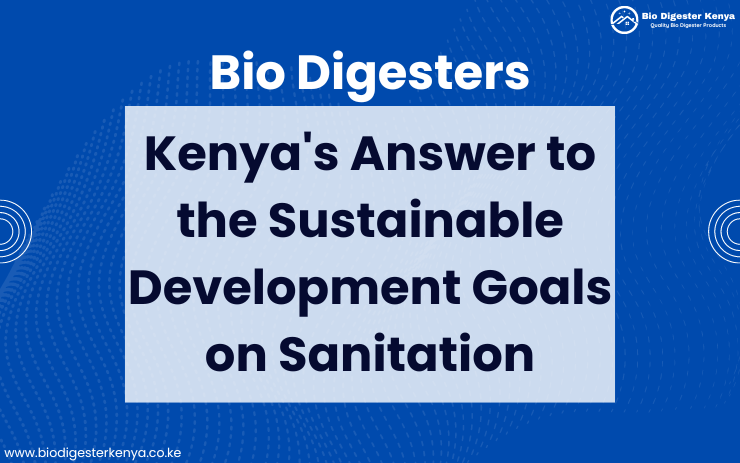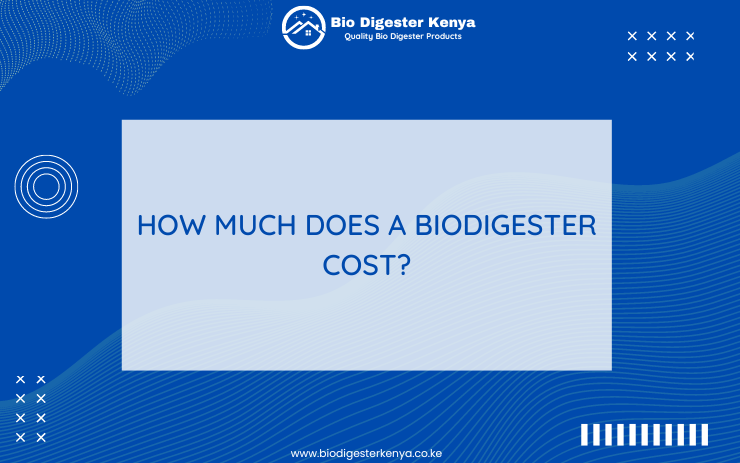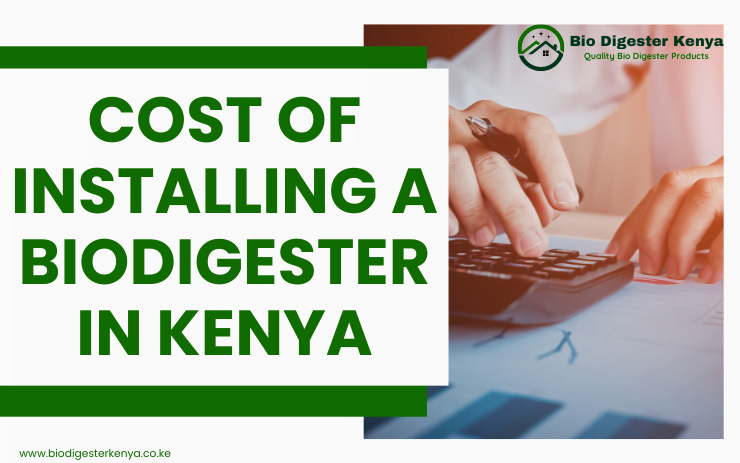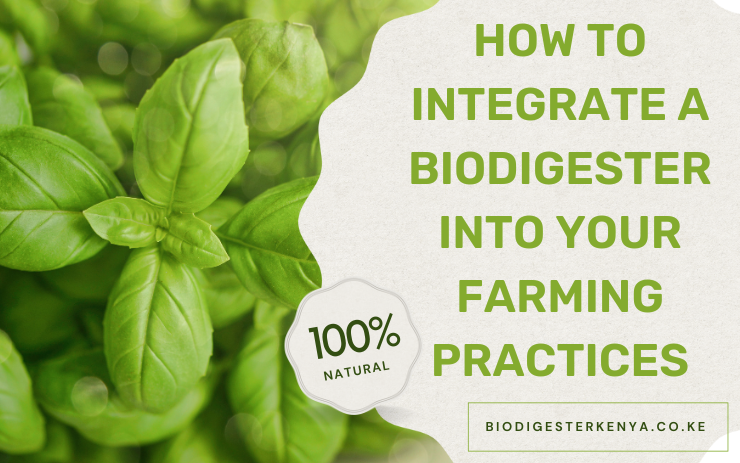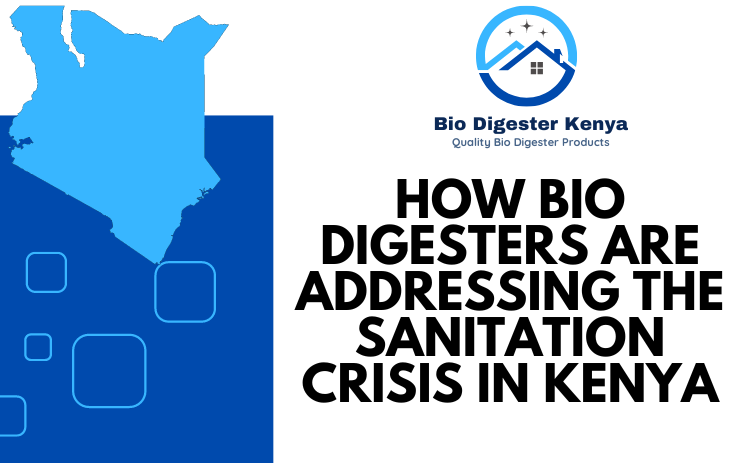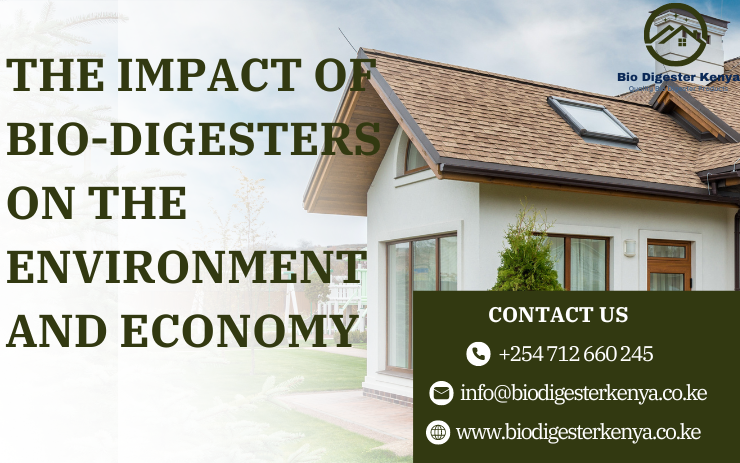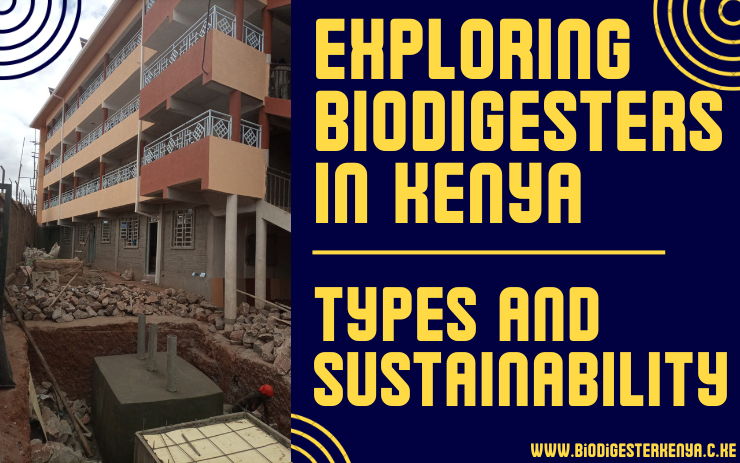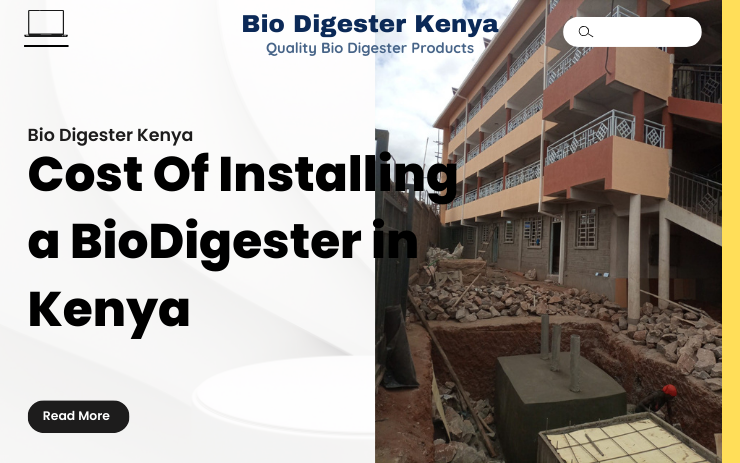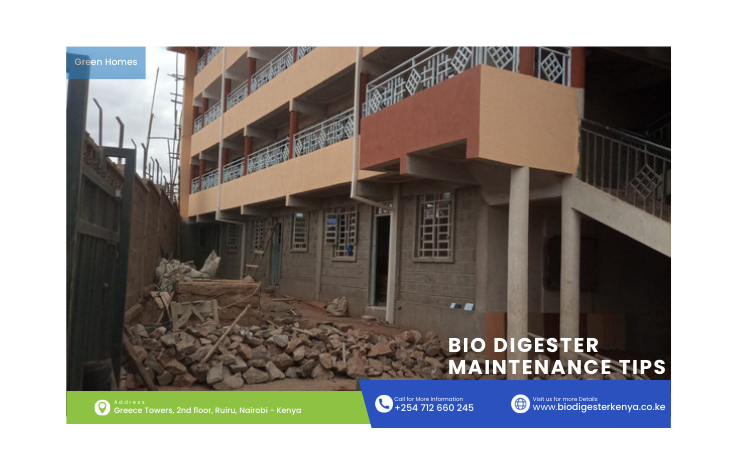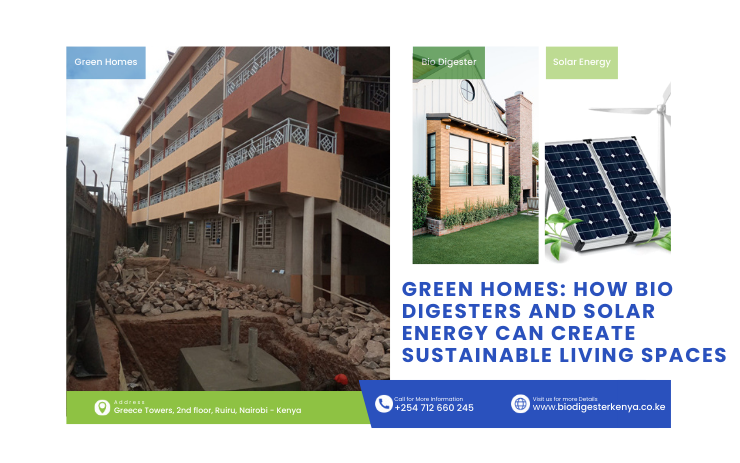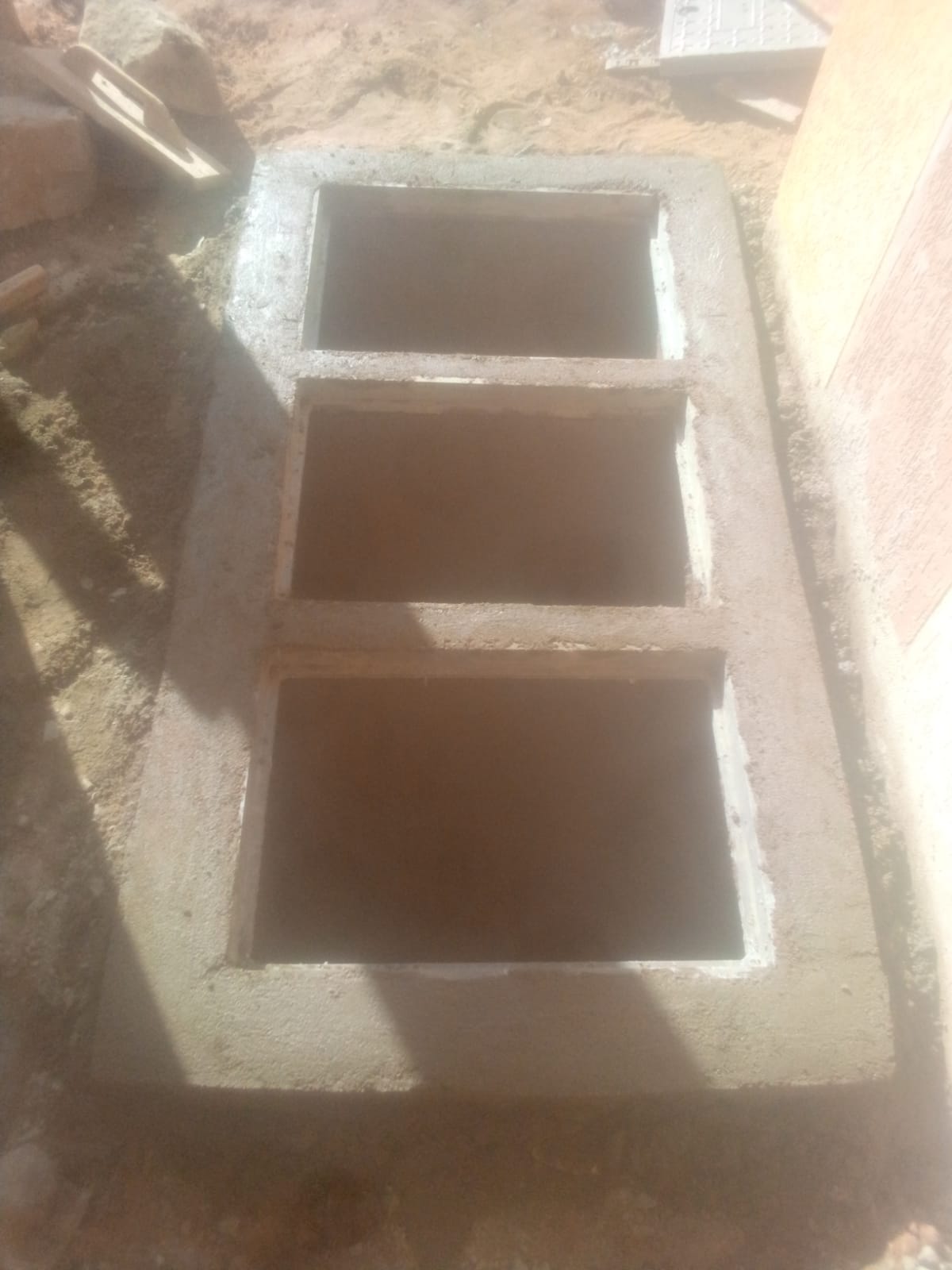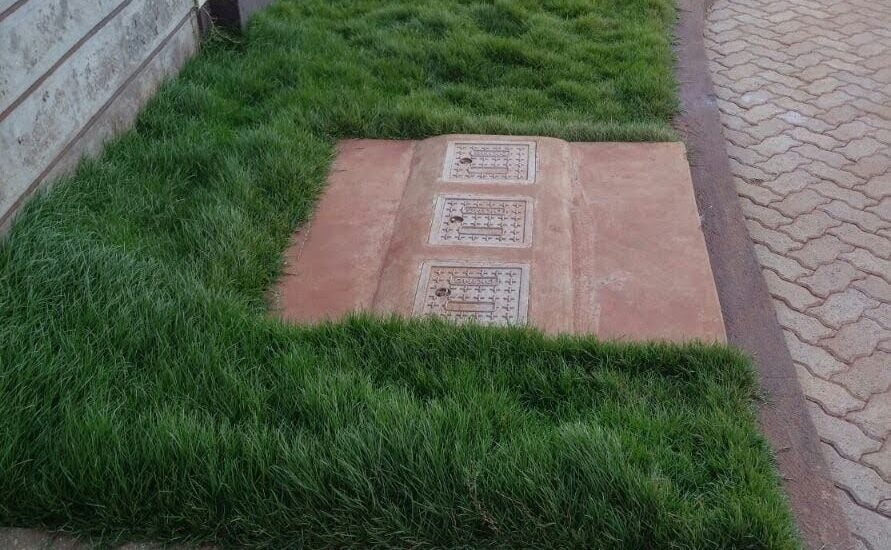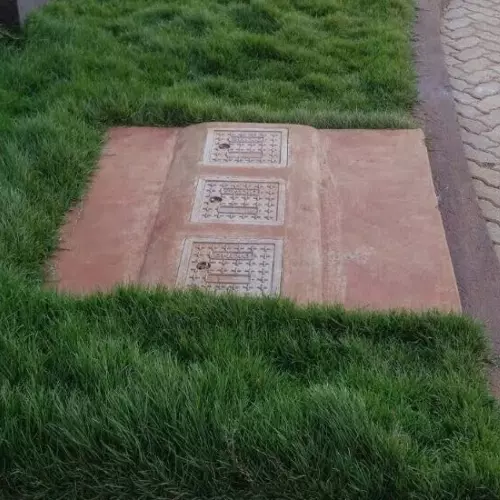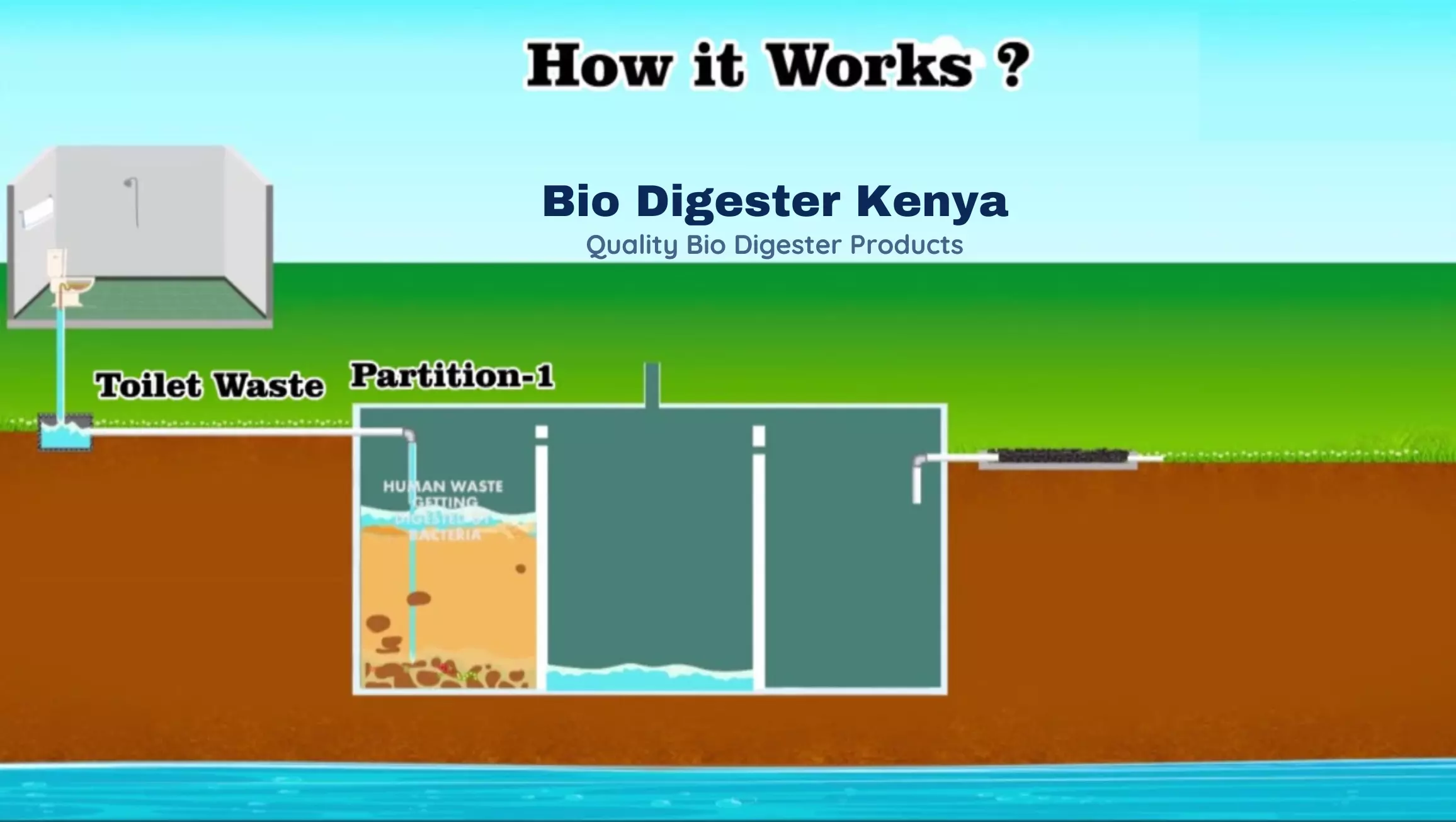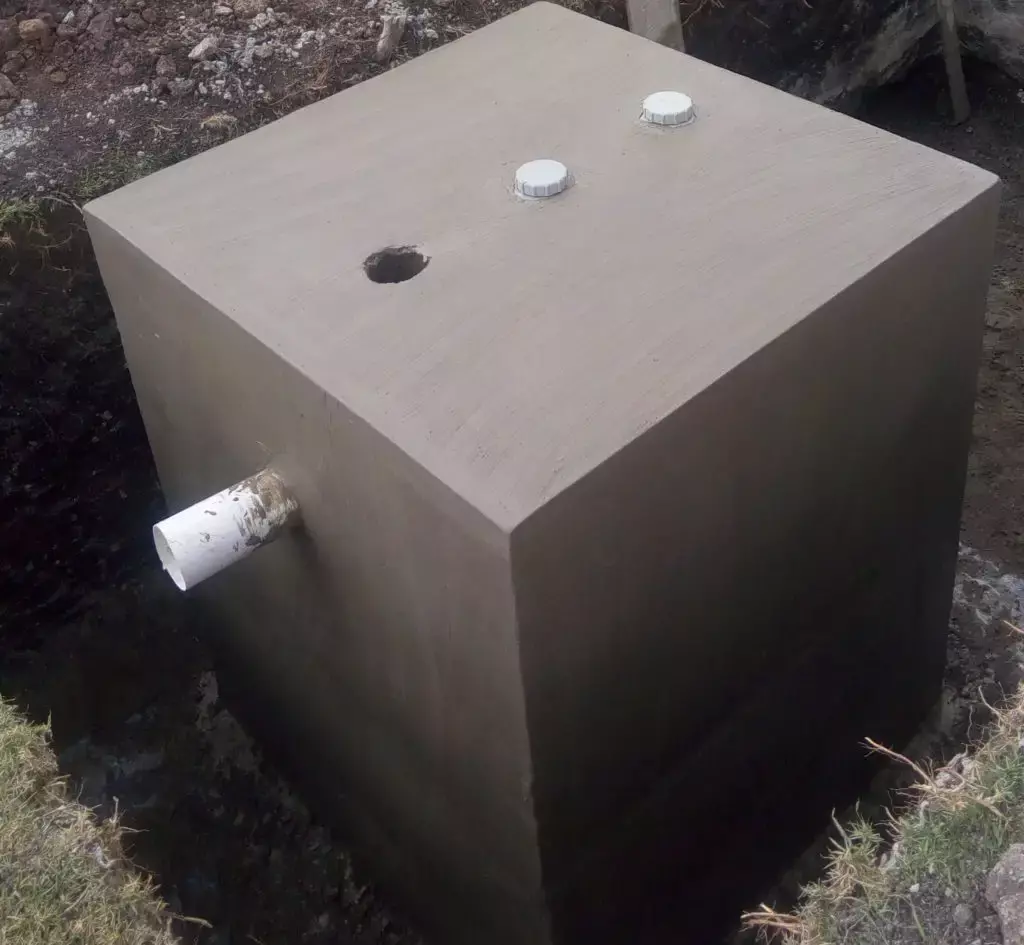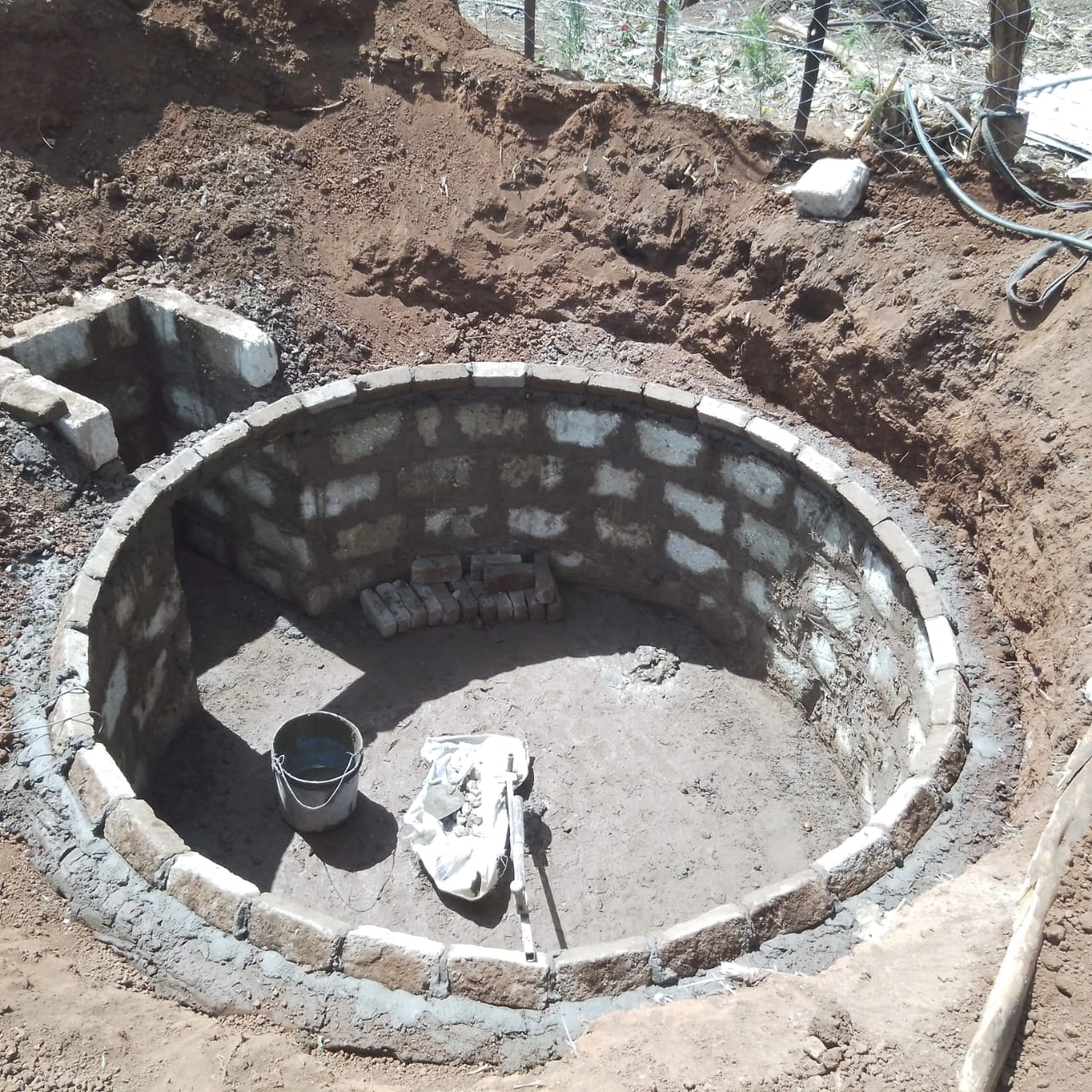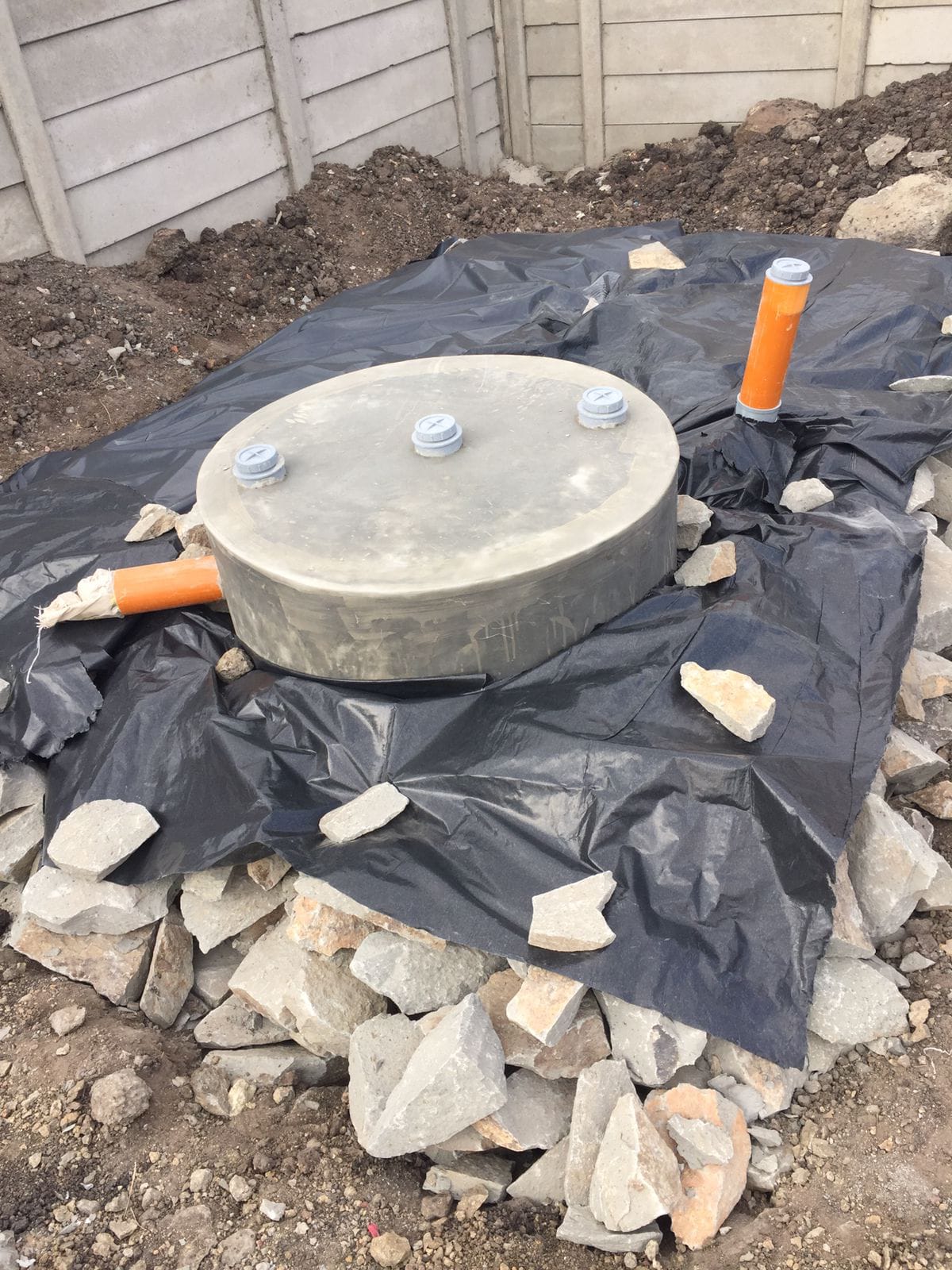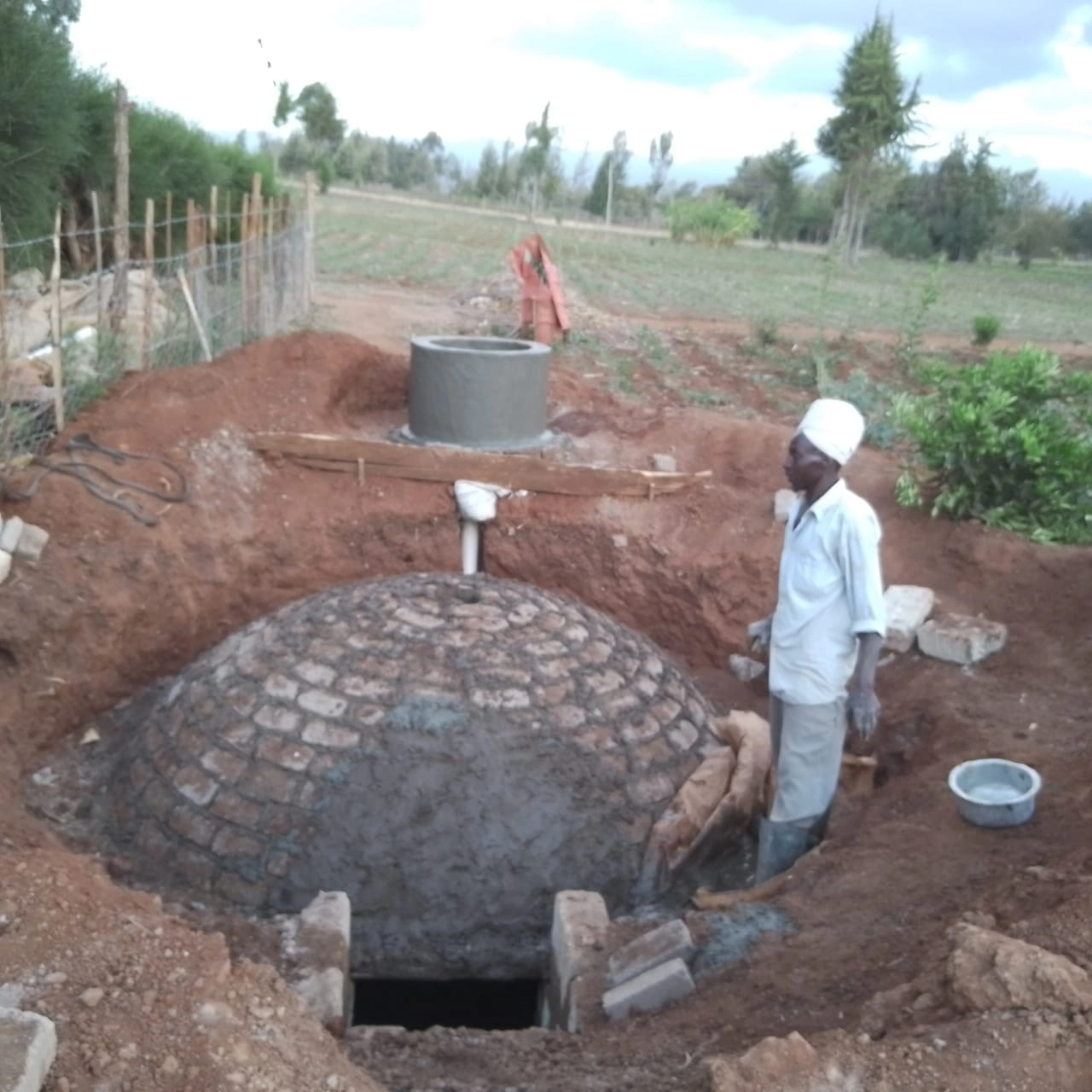Biogas plants have become increasingly popular in Kenya as more people recognize the benefits of sustainable waste management and renewable energy.
But, a common question that arises is: “How much does a biogas plant cost in Kenya?” Let’s break it down.
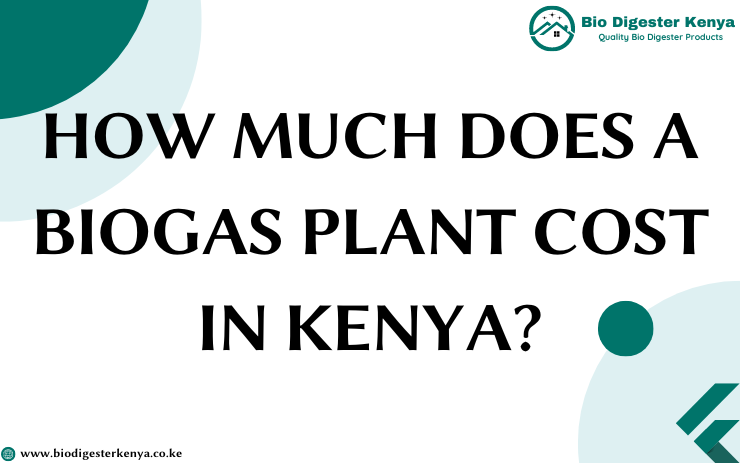
Understanding Biogas Plants
Before diving into costs, it’s important to understand what a biogas plant is and how it works.
What is a Biogas Plant?
A biogas plant is a system that converts organic waste into biogas—a renewable energy source—and nutrient-rich fertilizer.
It’s a practical solution for managing waste and producing energy, particularly in rural and agricultural areas.
How Does a Biogas Plant Work?
The process begins with organic waste (like animal manure or kitchen scraps) being fed into a biodigester.
Inside the digester, bacteria break down the waste in an anaerobic environment (without oxygen), producing biogas and a byproduct called digestate.
The biogas is then captured and can be used for cooking, heating, or generating electricity.
Benefits of Using Biogas Plants in Kenya
Biogas plants offer several benefits, including reducing reliance on non-renewable energy sources, lowering greenhouse gas emissions, and providing a sustainable way to manage waste.
They are especially beneficial in areas where access to traditional energy sources is limited.
Factors Influencing the Cost of a Biogas Plant in Kenya
Several factors determine the cost of installing a biogas plant. Let’s explore the main ones.
Size and Capacity of the Plant
The size and capacity of the biogas plant are among the most significant cost factors.
A small-scale plant designed for a single household will cost significantly less than a large-scale plant intended for a community or commercial use.
Type of Biogas Digester
The type of biodigester used also affects the overall cost.
Fixed Dome Digesters
Fixed dome digesters are a common choice in Kenya due to their durability and low maintenance.
However, they require a significant initial investment in construction.
Floating Drum Digesters
Floating drum digesters are generally easier and cheaper to construct but may require more frequent maintenance due to the moving parts involved.
Construction Materials
The materials used in building the digester and associated infrastructure can vary widely in cost.
High-quality, durable materials will naturally increase the upfront investment but offer greater longevity and less maintenance over time.
Location and Accessibility
The location of your biogas plant can also impact the cost.
Remote or difficult-to-access areas may require additional transportation and logistical expenses.
Additional Components and Accessories
The cost isn’t just about the digester itself.
Additional components can add to the overall investment.
Biogas Stoves and Burners
If you plan to use the biogas for cooking, you’ll need specialized stoves or burners that are compatible with biogas.
Gas Storage and Distribution Systems
You may also need a gas storage system and a distribution network, depending on how you plan to use the biogas.
Labor and Installation Costs
Finally, labor and installation costs will vary depending on the complexity of the project and the experience of the installers.
It’s always advisable to work with professionals who have a proven track record in biogas plant installation.
Typical Costs of Biogas Plants in Kenya
Now that we’ve covered the factors influencing cost, let’s look at the typical price ranges for different sizes of biogas plants in Kenya.
Small-Scale Biogas Plants
Small-scale biogas plants designed for individual households usually cost between Ksh 50,000 and Ksh 150,000.
These systems are ideal for rural homes with livestock, as they can efficiently convert animal waste into usable energy.
Medium-Scale Biogas Plants
For medium-scale biogas plants, which might serve a larger household or small community, the cost ranges from Ksh 200,000 to Ksh 500,000.
These plants can handle larger volumes of waste and produce more biogas.
Large-Scale Biogas Plants
Large-scale biogas plants, suitable for commercial use or large communities, can cost anywhere from Ksh 1,000,000 to several million shillings.
These plants are designed to process substantial amounts of organic waste and can significantly reduce energy costs for businesses.
Estimated Cost Range for Various Sizes
To summarize:
- Small-Scale: Ksh 50,000 – Ksh 150,000
- Medium-Scale: Ksh 200,000 – Ksh 500,000
- Large-Scale: Ksh 1,000,000+
How to Choose the Right Biogas Plant for Your Needs
With a clear understanding of the costs, how do you choose the right biogas plant?
Assessing Your Energy Requirements
The first step is to assess your energy needs.
How much biogas do you need to produce? This will help you determine the size and capacity of the plant required.
Considering Your Budget
Next, consider your budget.
While it might be tempting to go for the largest system possible, it’s important to balance your energy needs with what you can afford.
Consulting with Experts
Finally, consult with experts.
At Bio Digester Kenya, we can help you evaluate your needs, consider your budget, and design a biogas plant that’s perfect for you.
Why Invest in a Biogas Plant?
Investing in a biogas plant offers numerous benefits beyond just cost savings.
Environmental Benefits
Biogas plants reduce the amount of waste that ends up in landfills, lowering greenhouse gas emissions and contributing to environmental sustainability.
Financial Savings Over Time
Although the initial investment can be substantial, the long-term savings on energy costs make biogas plants a financially sound choice.
Over time, the savings from reduced energy bills can offset the installation costs.
The Role of Bio Digester Kenya in Biogas Plant Installation
At Bio Digester Kenya, we specialize in designing and installing biogas plants that meet the specific needs of our clients.
Expertise in Designing and Installing Biogas Plants
Our team has extensive experience in biogas plant installation across Kenya.
We understand the local conditions and requirements, ensuring that your biogas plant is built to last.
High-Quality Materials and Enzymes
We use only the best materials and enzymes to ensure the efficiency and longevity of your biogas plant.
Our biodigesters are designed to provide reliable performance with minimal maintenance.
Comprehensive Maintenance Services
We don’t just install biogas plants; we also provide ongoing maintenance services to keep them running smoothly.
From regular inspections to enzyme replenishment, we’ve got you covered.
Frequently Asked Questions (FAQs)
- How long does it take to install a biogas plant? Installation time varies depending on the size and complexity of the plant but generally ranges from a few weeks to a couple of months.
- Can a biogas plant be expanded in the future? Yes, many biogas plants can be expanded or upgraded as your needs grow. We can provide guidance on how to plan for future expansions.
- How much maintenance does a biogas plant require? Biogas plants require minimal maintenance. Regular checks and enzyme replenishment are necessary to ensure optimal performance.
- What kind of waste can be used in a biogas plant? Biogas plants can process various types of organic waste, including kitchen scraps, animal manure, and agricultural residues.
- Are there financing options available for biogas plants in Kenya? Yes, there are financing options, including government incentives and low-interest loans. We can assist you in exploring these options to make your investment more affordable.
Conclusion
Understanding the cost of a biogas plant is crucial for making an informed decision.
By considering factors like size, type, and additional components, you can select a system that fits your needs and budget.
Bio Digester Kenya is here to help with expert design, installation, and maintenance of your biogas plant.
Contact us today to learn more about how we can assist you in harnessing the power of biogas for a sustainable future.
-
BioDigester 2M³
KSh 160,000 Order Via WhatsApp -
BioDigester 4M³
Rated 5.00 out of 5KSh 280,000 Order Via WhatsApp -
BioDigester 3M³
Rated 5.00 out of 5KSh 220,000 Order Via WhatsApp -
Bio Gas Generator
Rated 5.00 out of 5KSh 160,000 – KSh 360,000Price range: KSh 160,000 through KSh 360,000 Order Via WhatsApp
